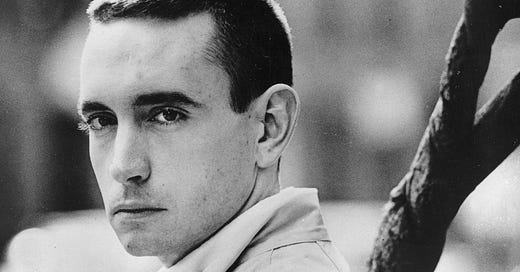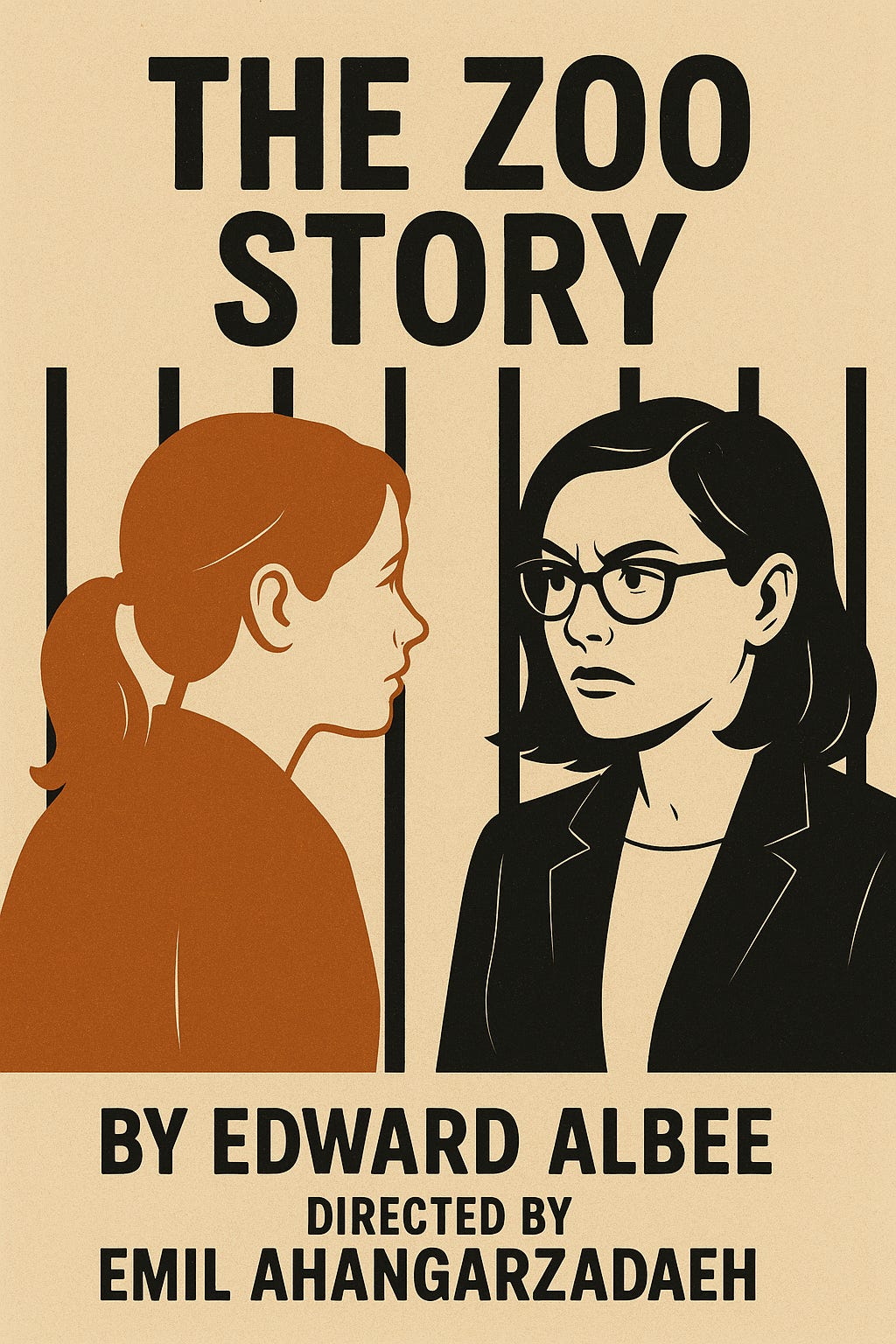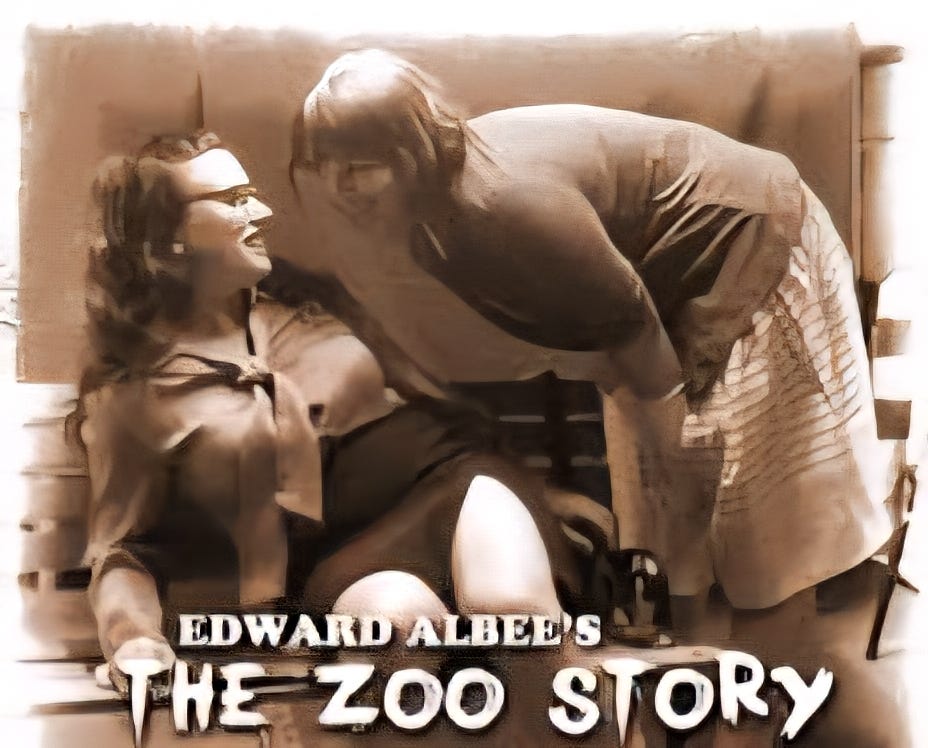A Long Way Out of My Way to Come Back a Short Distance Correctly
A Meditation on My Return to the Arts
Edward Albee wasn’t being literal when he wrote that line in The Zoo Story, but I might be.
On July 1st, I’ll be transitioning from my current role overseeing all of my school district’s state and federal programs, along with a collection of other initiatives and “miscellaneous” duties to administrating the district’s Visual and Performing Arts programs. That’s right. After decades in educational leadership, school administration, instructional technology, professional development, compliance, policy, and accountability—I’m returning to the arts. Or rather, I’m finally arriving at a place I started from, but with very different shoes.
The shift comes after just one year in my current role—short but dense, full of urgency, service, and the always-humbling challenge of systemic equity work. But due to a confluence of organizational changes and fiscal stabilization efforts, the decision was made to move me into this new role. It was, to be honest, jarring. Unexpected. And also—serendipitous.
Because before I ever sat through a federal program audit or mapped an LCAP goal, I lived in the world of art.
In fact, my undergraduate thesis at California State University, Los Angeles was a theater project: a double bill of one-acts I titled Benches—so named because both plays required only a bench for a set. The evening featured Edward Albee’s The Zoo Story and John Guare’s The Loveliest Afternoon of the Year, a favorite of mine to this day. (I’ll write more about that little gem another time.) For The Zoo Story, I made an unconventional choice: I cast two blonde women in the roles traditionally played by middle-aged and young men. This was the late 90s, and casting against gender norms—especially for a play like The Zoo Story—was seen as daring, sometimes heretical. But I wasn’t chasing novelty; I was chasing resonance. And in rehearsal, watching those two women navigate power, loneliness, societal alienation, and desperate connection, the play opened up in unexpected ways. The bench became something more than just a set piece—it became a crucible.
And at the heart of that crucible was the line:
“Sometimes a person has to go a very long distance out of his way to come back a short distance correctly.”
Even then, it felt like truth disguised as metaphor. Now, decades later, it feels like autobiography.
I’ve served in multiple districts and county offices across California—Los Angeles Unified, San Diego County, Imperial County, Santa Ana Unified, Fresno County—directing equity, educational technology, and English learner support at scale. I’ve led initiatives, trained teams, testified, interpreted policy, written grants, and survived the tangled ecosystem of public education. But somewhere along the way, I forgot—or perhaps paused—the part of me that once knew the sound of a theater going silent just before a line lands. The part that knew how a child’s first brushstroke can reframe how they see the world. The part that believes art is not a frill or extra—it’s infrastructure for the soul.
So now I return. To the arts. To stages anad canvases and concert halls. To curriculum and performance and access. And I return with a new toolkit—one sharpened by years of navigating bureaucracy, building policy, and advocating for equity. I can speak both languages now: the poetic and the procedural. I can argue for a mariachi festival using LCFF codes. I can defend a dance program in bullet points and spreadsheets. I can translate vision into line items.
This transition may have caught me by surprise, but in hindsight, it’s been years in the making. It may have taken going far out of my way—into the farthest corners of educational systems and structures—to finally arrive, correctly, at a bench on a stage where it all began.
And this time, I’ve brought the purchase orders.
Let’s build something beautiful. Let’s start with a bench.
---
Postscript
The actual line Jerry says in The Zoo Story is:
“Sometimes a person has to go a very long distance out of his way to come back a short distance correctly.”






